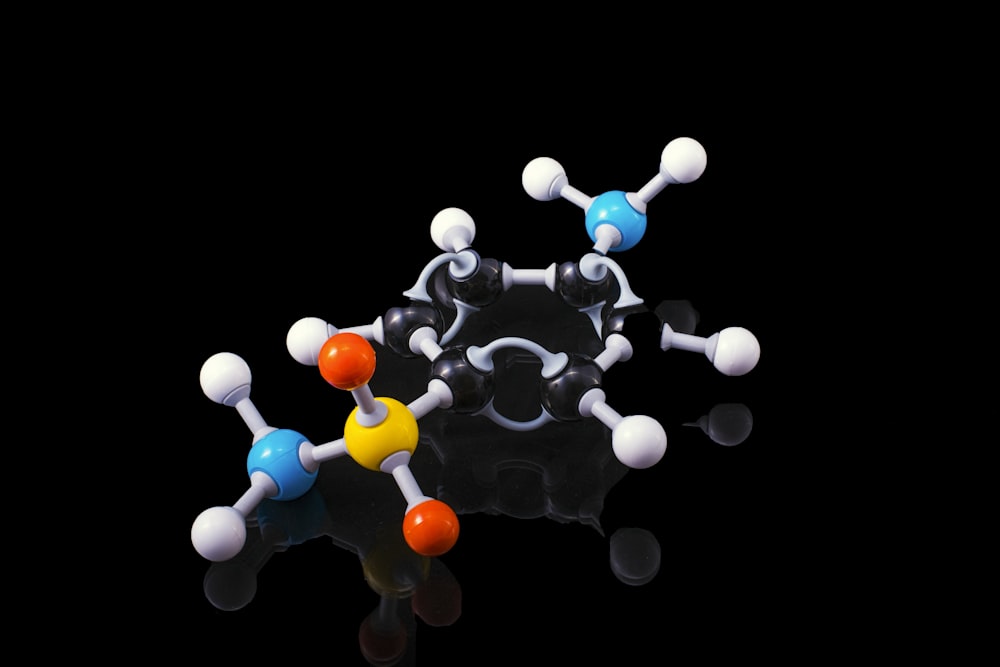![]() Semiconductors are in everything that is computerized or uses radio waves. These tiny components revolutionized the way the world works starting in the late nineteenth century and continue to do so today. Knowing how these components are made and how they work can help you get started in a technical career or even just understand the devices around you from your mobile phone to solar energy farms.
Semiconductors are in everything that is computerized or uses radio waves. These tiny components revolutionized the way the world works starting in the late nineteenth century and continue to do so today. Knowing how these components are made and how they work can help you get started in a technical career or even just understand the devices around you from your mobile phone to solar energy farms.
How They Are Made
These days, semiconductors are made by coating a silicon wafer in silicon oxide to allow electricity to penetrate to the conducting layer below. These silicon wafers are thin slices, measured in microns, of a lab-grown crystalline boule and can be up to 300 millimeters in diameter in practice and 675 millimeters in theory. There are different types depending on the impurities present, which have varying properties. Once the boule is sliced into wafers, they are polished to smooth and clean the surface before being printed with transistors and placed into electronics. You can also use silicon wafer polishing to reclaim used wafers as the process usually only takes off a couple of microns.
How They Work
A diode is the simplest kind of semiconductor and allows a current to flow in one direction, but not the other. These are used in simple electronics such as remote-control cars to protect the device if the batteries are put in backward. Transistors are a more complicated type of semiconductor which is two diodes hooked up back-to-back and a silicon chip can be made up of dozens of transistors. These units are aligned on the silicon wafer, usually through printing them on the surface, and the wafer placed in everything from solar powered calculators to communication satellites.
Semiconductors are devices that direct an electrical current through an electronic device in specific ways. These can be as simple as a diode or as complex as dozens of transistors on a silicon chip. The manufacturing process takes place in the micron scale even though silicon wafers can, theoretically, be over 600 millimeters in diameter.
































